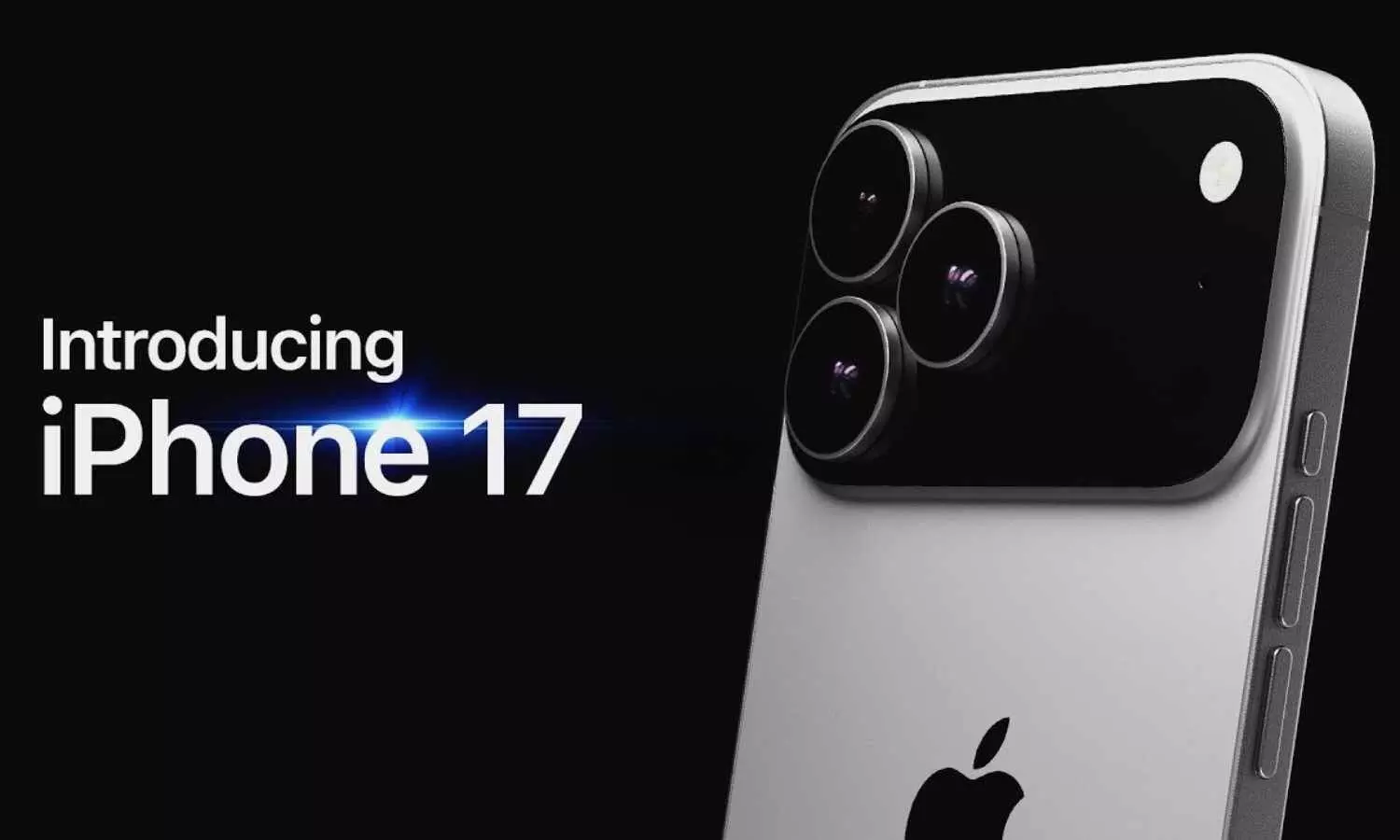Could iPhone 17’s secret chip tech make spyware obsolete?
iPhone 17 arrives with Apple’s Memory Integrity Enforcement, tackling Pegasus spyware and memory bugs with new A19 chip technology.
image for illustrative purpose

Apple on Wednesday said its latest iPhone lineup introduces a new layer of defense aimed at making spyware attacks significantly harder to execute. The company unveiled Memory Integrity Enforcement (MIE), a security system that runs constantly across iOS and Apple-designed chips to block exploits targeting memory vulnerabilities.
MIE is included by default in the iPhone 17 family and the new iPhone Air, and Apple described it as the most extensive memory protection system ever deployed on consumer smartphones. The feature guards core areas of the operating system, including the kernel and more than 70 user-level processes, using technology built on the Enhanced Memory Tagging Extension (EMTE). Additional safeguards, such as secure typed allocators and confidentiality protections, are also part of the rollout.
The company said the design takes aim at spyware groups that develop tools such as Pegasus, which rely on memory flaws to infiltrate targeted phones. By integrating MIE at the hardware and software levels with the A19 and A19 Pro chips, Apple claims the new framework strengthens security without requiring users to take extra steps. Older devices will also receive updated protections, though without the full EMTE support.
Apple compared its approach to efforts already underway in the broader tech industry. Microsoft built similar memory integrity protections into Windows 11, while ARM’s Memory Tagging Extension (MTE) is used on Google Pixel devices, beginning with the Pixel 8. Those protections are optional, requiring user activation under Advanced Protection, while Apple says MIE shields every supported iPhone automatically.
The company also announced mitigations for speculative-execution flaws, including Spectre V1, which have historically caused performance slowdowns. According to Apple, the new method eliminates the leaks with almost no impact on processor performance, addressing a concern often raised about advanced security measures.
Reaction from the security community was cautious. The developers behind GrapheneOS, a privacy-focused mobile project, acknowledged Apple’s enhancements as significant progress but argued that the presentation overstated how iOS compares to Android’s existing memory protections. Analysts expect clearer answers once the updates reach consumer devices and researchers test the limits of MIE in real-world conditions.
Apple framed the new defenses as part of its larger effort to raise the cost of spyware development and reduce the reach of mercenary hacking firms. The company’s statement called MIE “the most significant upgrade to memory safety in consumer operating systems to date.”

